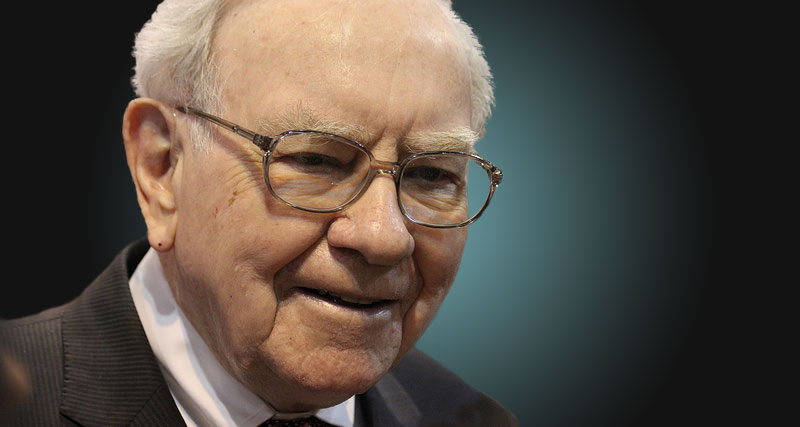One of Warren Buffett’s most famous quotes is that his favourite holding period is ‘forever’. Clearly, this has been a hugely successful viewpoint for him to take in his own investment career. After all, Buffett is consistently one of the richest people in the world. However, with increased speed of communications today and the rising popularity of trading versus investing, is holding shares for the long term still the most optimum strategy?
Short-term opportunities
With the advent of the internet, a new world of short-term trading has become available to investors. Previously, high commission costs, a lack of accurate live pricing and other logistical issues meant most investors had to make do with buying and holding shares for the long term. Today, though, it is possible to buy and sell cheaply with the click of a mouse, which has increased the popularity of products such as CFDs and spread betting.
Furthermore, the increased speed of news flow means that the business and investment worlds change at a faster pace than they have done in past decades. Particularly in industries such as technology and IT, change occurs more frequently and is reported faster than at any point in history. Therefore, it could be argued that a company which had investment potential yesterday may not do so today. Being able to move in and out of positions quickly could therefore be advantageous in such a scenario.
Long-term potential
While there may be more opportunities to profit in the short run than there have been in the past, the reality is that taking advantage of those chances is often incredibly challenging. Volatility can be high and cause losses for an investor, while accurately making calls on whether to buy or sell a stock is notoriously difficult. In fact, it could be argued that there is at least some randomness in short-term share price movements. Therefore, profiting in the short run may be more dependent on luck than is the case for longer-term opportunities.
In addition, buy-and-hold investing has a long track record of success. Although there are no guarantees that an investor buying and holding in the long run will generate a profit, history shows that the risk/reward ratio is generally in an investor’s favour. Lower commission costs inevitably help even in today’s internet age, while allowing a company to implement a sound strategy can take years to bear fruit. By waiting for this to take place, though, an investor can generate relatively high returns.
Takeaway
While holding a stock forever may be unrealistic, a long-term strategy still seems to be offer the best risk/reward ratio for most investors. It may not be as exciting as short-term trading or offer the ‘get rich quick’ potential of a trading philosophy. However, for investors interested in building a growing portfolio in the long run, it appears to be a sound strategy.








